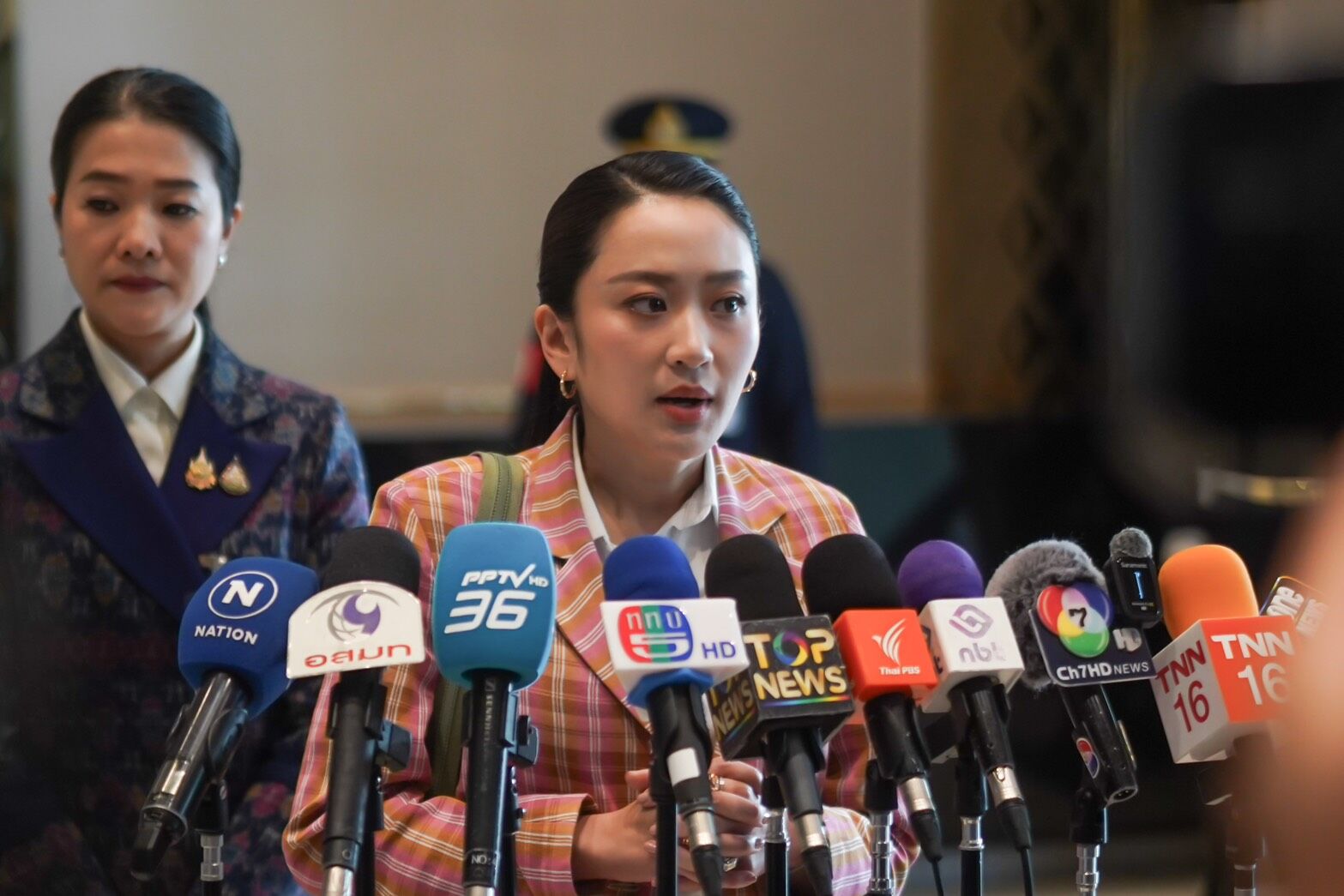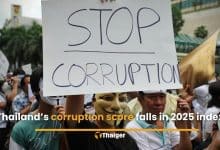ASEAN nations swiftly react to US tariffs, Thailand faces criticism

Several ASEAN and Asian countries swiftly responded to US tariff challenges, drawing criticism of aloofness and confusion from a government critic. Sirikanya Tansakun, a member of the opposition People’s Party, yesterday, April 5, highlighted how nations within the ASEAN bloc and Asia, affected by varying tariff rates, have reacted.
Vietnam has initiated dialogue with Washington to address trade imbalances, gaining approval from US President Donald Trump. Cambodia has reduced tariffs on US imports to 5% to ease trade discussions, as Sirikanya noted.
South Korea has unveiled an emergency economic relief package for sectors severely impacted by the US tariffs, including the automotive industry, while Singapore’s prime minister has cautioned citizens about the tariff increases’ ramifications.
Conversely, Prime Minister Paetongtarn Shinawatra has reportedly downplayed the US tariff hikes, advising the public not to worry. Confusion surrounds the leadership of talks with the US to resolve the tariff issue, with Sirikanya mentioning conflicting statements regarding who will lead these efforts.
The Thai premier purportedly stated that Pansak Winyarat, chairman of the prime minister’s policy advisory panel, would head the team, but Finance Minister Pichai Chunhavajira claims he will take on the role. The Commercial Permanent Secretary has also been suggested to lead the tariff working team.
Commerce Minister Pichai Naripthaphan attempted to contact Washington to discuss the tariff dispute but received no response, Sirikanya reported.

Government spokesperson Jirayu Huangsap yesterday, April 5, dismissed opposition claims that the coalition government was slow in addressing the tariffs announced last week by Donald Trump.
Jirayu stated that the government had anticipated additional US tariffs on Thai imports three months prior and had scheduled a meeting on January 8 to devise a solution.
Thailand faces a 36% tariff imposed by the Trump administration, exceeding many expectations. The opposition warned that failure to address the tariff issue could adversely affect small- and medium-sized enterprises in the supply chain.
The opposition accused the government of fumbling and lacking coordination in addressing the tariff issue, urging the formation of a special task force led by Paetongtarn to tackle the problem.
In response, Jirayu said the government has been vigilantly monitoring the pending tariff changes since the end of last year. On April 3, PM Paetongtarn committed to establishing a state-private sector cooperation initiative to counter the tariffs, reported Bangkok Post.
The government aims to engage with Washington at the earliest opportunity to secure fairer trade between the two nations, Jirayu added, and has prepared remedial measures for Thai exporters to the US market.
Latest Thailand News
Follow The Thaiger on Google News:


























